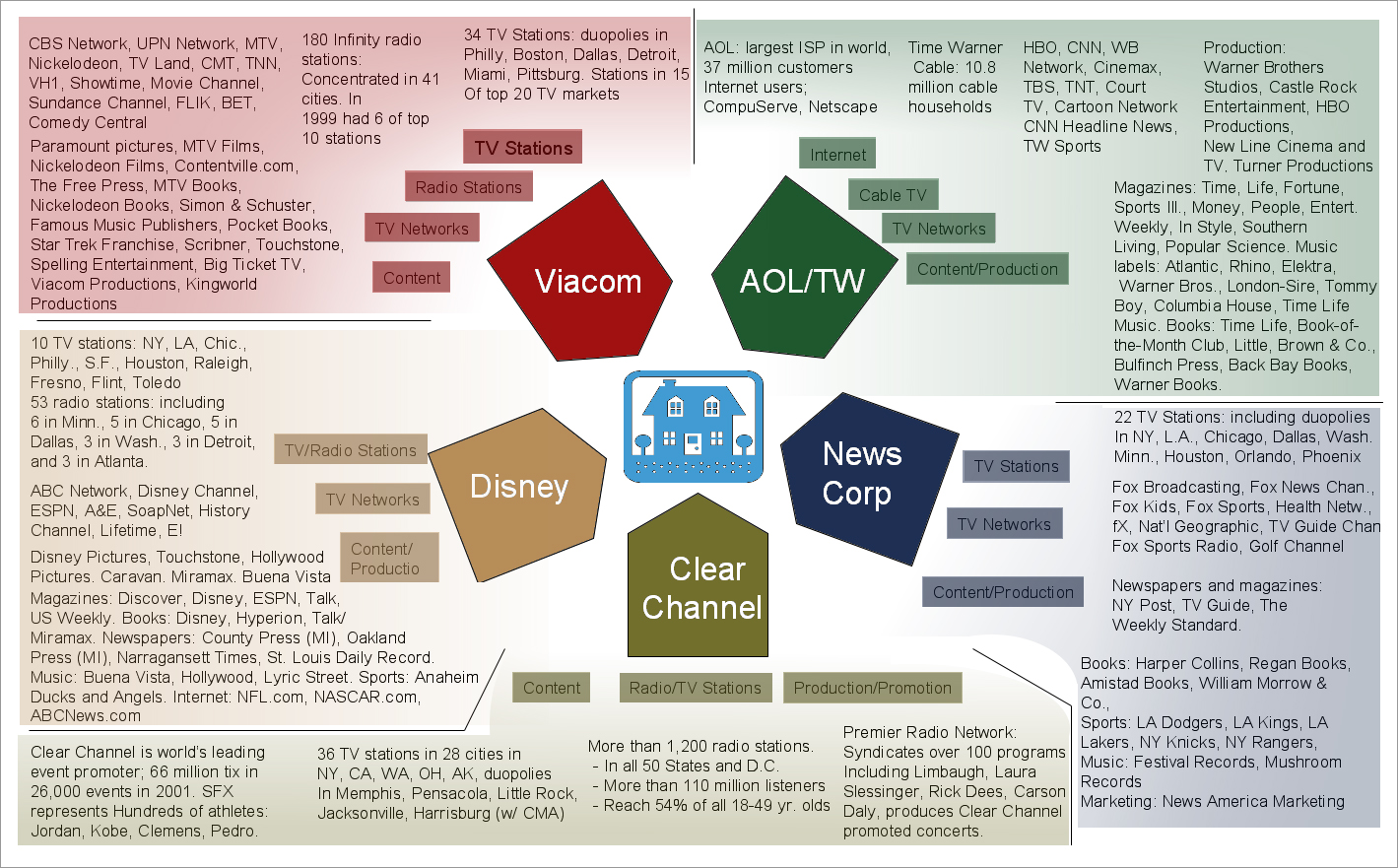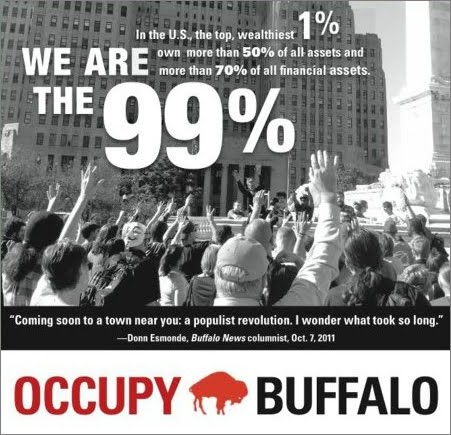 From an interview of Bob Mcchesney, Prof. of Communications at U. of Illinois, at the Real News Network, by Paul Jay:
From an interview of Bob Mcchesney, Prof. of Communications at U. of Illinois, at the Real News Network, by Paul Jay:
JAY: So your piece to a large extent is about political advertising, partly as it has been affected by the Supreme Court's Citizens United decision, which allows practically unlimited corporate spending on television advertising, and . . . . you got this crazy system whereby the entities that benefit most from this money in politics are the . . . mass major news organizations that get all this and billions of dollars of paid advertising, and then they report in what their – supposed to be their journalism on – mostly on poll results, poll results affected by TV buys which they're benefiting from. . . .(Emphasis supplied.) More at the link above. (Infographic from the U. of Minnesota via The Angry Bureaucrat; click on the image for a larger version.)
MCCHESNEY: . . . . You know, most democracies in the world have nothing like the United States in terms of this huge amount of money that gets spent by television ads, most of which are attacking the other candidates, not promoting your own candidate. And the reason for that is that it's driven in the United States by commercial broadcasters, the commercial television stations. And really we're talking about less than a dozen companies that own the vast majority of the stations that participate in selling TV ads. They are making a killing from this cash-drenched system. Literally between 18 and 25 percent of all the revenues of a commercial TV station this year will come from selling TV political candidate ads. And, you know, this is a profit center for them that's beyond belief. . . .
So you have – the commercial broadcasters are to campaign finance reform what the National Rifle Association is to bans on assault weapons. They are the number-one lobby to promote massive amounts of money in politics, because our electoral system in America has basically converted into a system where billionaires and corporations give tons of money to politicians, who then give most of that to commercial media to buy inane ads. And that's really what we have for our system. And the beneficiaries immediately of this are the commercial broadcasters [crosstalk]
* * * * *
It is – you know, and I think the point that's got to be understood by your viewers is that the companies that get these monopoly broadcast licenses – you have television stations or radio stations, cable systems – they get these monopoly privileges at no charge from the government in exchange for doing something in the public interest. In every major definition that's ever been given of what the public interest requirements ought to be of commercial broadcasters, number one on the list is always that they should do outstanding campaign coverage above and beyond what they would do if they were just out to make money, that basically that's where they put all their emphasis, to draw people into public life as voters, as citizens, to understand the candidates and the issues. And what we've seen is just the opposite. In the last 20 years, as the percentage of revenues going to commercial broadcast stations has gone from around 2 percent 20 years ago on average to 20 percent on average today, if not more. We've seen the amount of journalism covering campaigns on commercial television plummet. Lots of races get no coverage anymore. It's not any better, really, in newspapers. And what coverage that does remain is appalling. . . . It's like going over polls. It's sort of like reviewing whether an advertising attack ad is successful at manipulating people, not, you know, discussing how inane it is in the first place.
That's a lot of cash going into a "hopelessly unproductive works."









.jpg)



.jpg)

.jpg)

.jpg)
